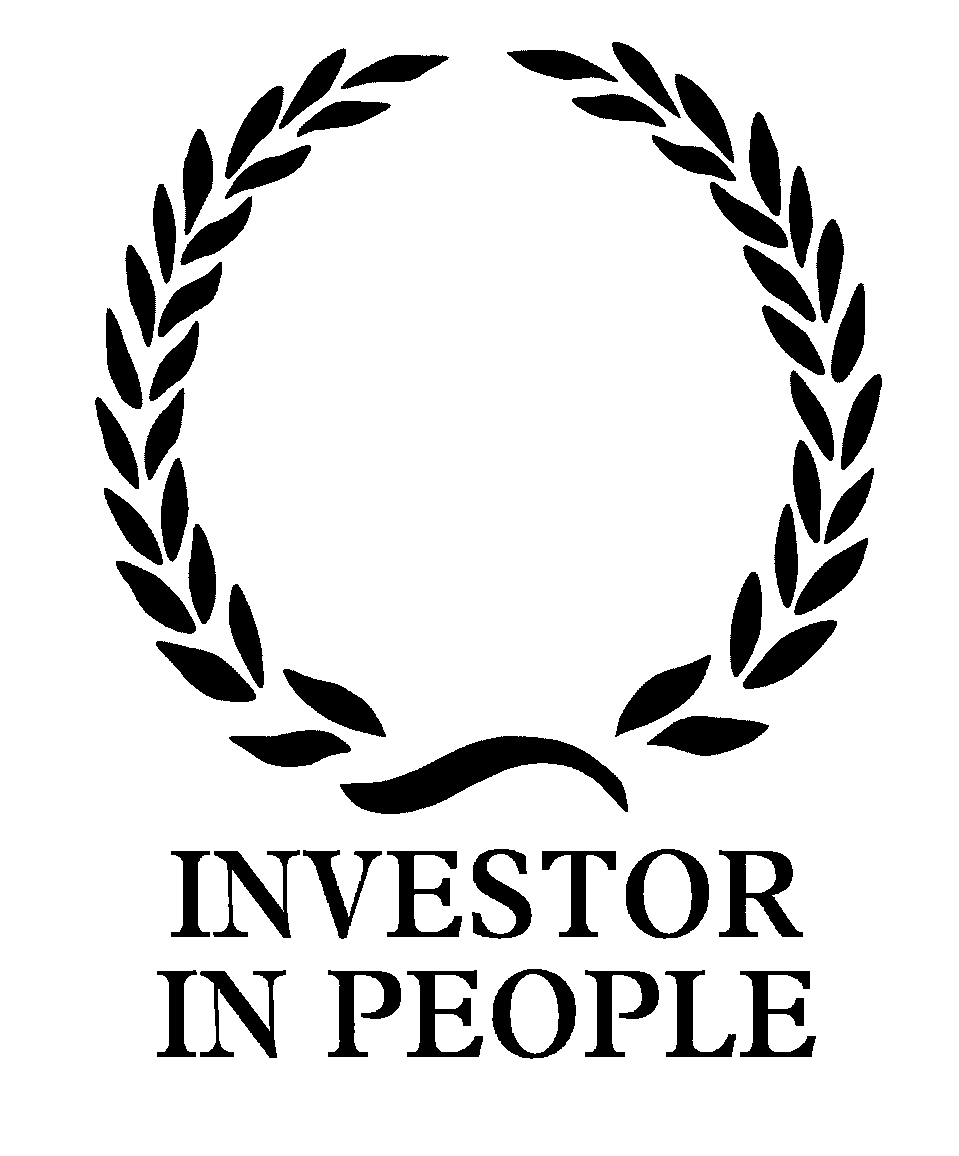







Design & Technology
“Technology makes what was once impossible, possible. The design makes it real.”
Michael Gagliano
Curriculum Intent
Our high-quality, purposeful Design Technology curriculum at Etruscan Primary aims to inspire our pupils to be creative, innovative and passionate through the engagement of first-hand learning experiences. Design and Technology gives children the opportunity to develop skills, knowledge and understanding of designing, making and evaluating functional products. We inspire our children to develop technical skills and knowledge that will help them with their future learning in Year 7 and will also enable them to solve real problems in their future lives.
Rationale
We teach Design Technology in the Early Years Foundation Stage as an integral part of topic work covered throughout the year in the Physical Development and Expressive Arts and Design areas of learning. This ensures children develop their fine motor skills and use what they have learnt about materials in original ways, thinking about uses and purposes.
This learning is built upon from Year 1 to Year 6 where we follow the school’s DT curriculum map. The teaching sequence allows children to review previous learning, carry out market research into existing products, investigate and explore how products work, test materials and use this knowledge to design their own products. Children create a design criteria, make and then review their product and evaluate it against the design criteria.
Curriculum Impact
At Etruscan Primary School, our children will display clear enjoyment and confidence in Design and Technology and will present clear progression of knowledge, skills and vocabulary from our units of work taught from the EYFS to year 6. Through carefully planned and sequenced learning activities, pupils will develop the creative, technical and practical expertise required to perform tasks in a confident manner and participate successfully in an increasingly technological world.
Pupils will be able to build and apply a repertoire of knowledge, understanding and skills in order to design and make high-quality prototypes and products for a wide range of users and critique, evaluate and test their ideas and products and the work of others.
Pupils will understand and apply the principles of nutrition and learn how to cook. Children will design and make a range of products. A good quality finish, but also a skilful and fun process will be expected in all design and technology activities made appropriate to the age and ability of the child.
At Etruscan, we measure the impact of the curriculum through the following methods-
- Formative assessment throughout the pupil’s learning process.
- Images and videos of the children’s practical learning.
- Interviewing the pupils about their learning through ‘Pupil Voice’.
- Moderation meetings where planning and pupil’s work is scrutinised.
- Teachers completing an end of topic assessment sheet to identify strengths and misconceptions and make relevant improvements.
Children at Etruscan will be exposed and inspired by a range of careers within the design and technology world and will learn how to take risks, becoming resourceful, innovative, enterprising and capable citizens.
Characteristics of Competency in Design and Technology:
- An ability to work independently to develop ideas and concepts
- An ability to innovate ideas
- An ability to work efficiently and constructively with others
- An ability to carry out research, show initiative and ask questions to develop designs and concepts
- An ability to use different equipment and materials to make products
- An ability to critically evaluate products, suggesting improvements where necessary
Applying DT within other subjects
- In English, children widen their vocabulary progressively between year groups and use their communication skills to articulate what they are creating, why and how.
- In mathematics, children use their data handling knowledge (statistics) for evaluations, accurate measurements and develop their awareness of shape and space
- In science, DT links include: links with healthy foods when producing food projects, understanding materials when working with structures mechanisms and textiles in KS1. KS2 links include: understanding nutritional value of foods, reversible and irreversible changes and balanced diets during food projects, applying their understanding of circuits during the electrical systems projects and understanding the properties of materials when designing and making structures.
- In history, children learn about how inventions have changed and shaped our modern world.
- In geography, children learn about different bridges and their purpose.
Inclusion:
Teachers set high expectations for every pupil. They plan challenging work to enable all pupils to make good progress regardless of their academic ability or background. We expect all children to make good progress albeit from different starting points.








